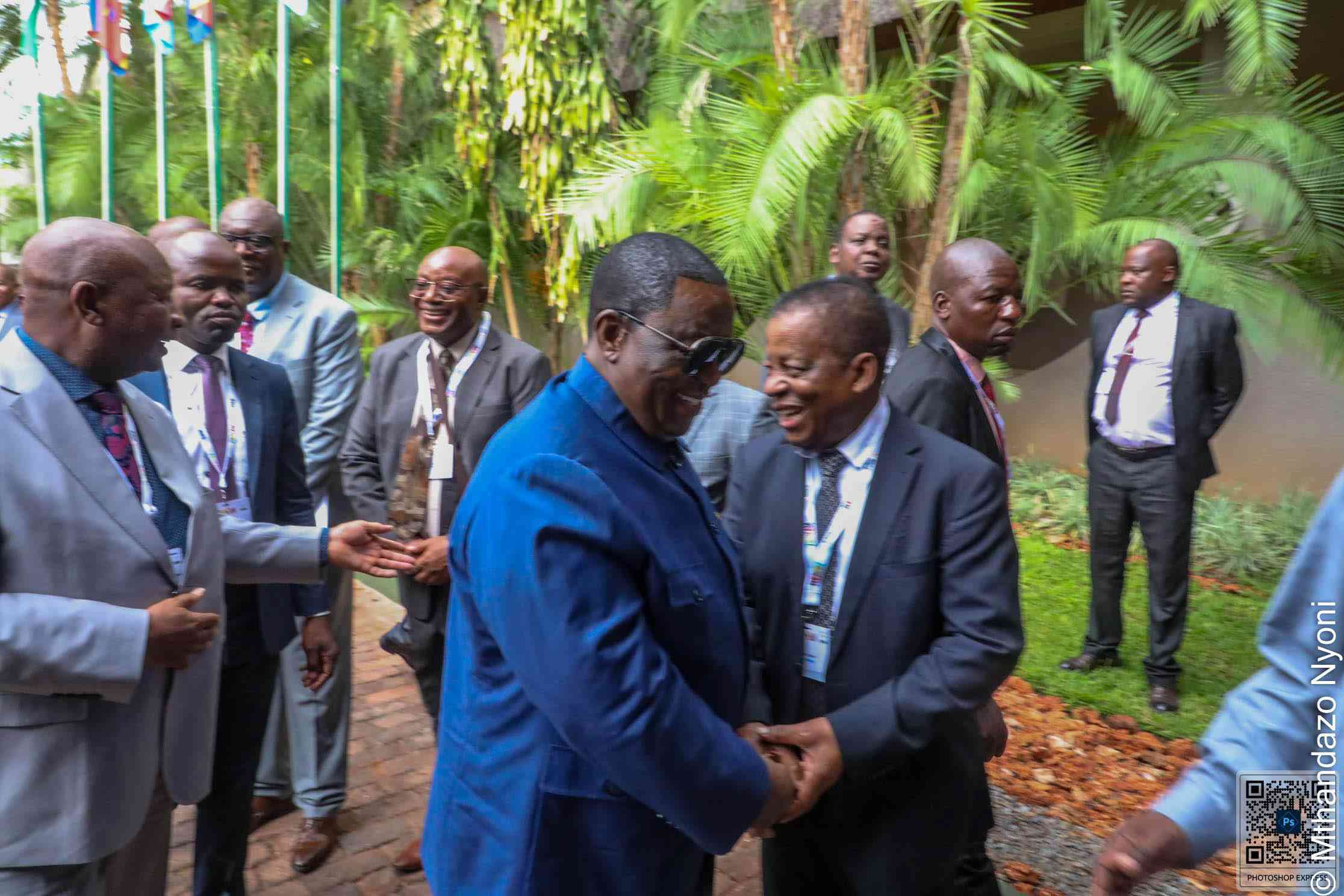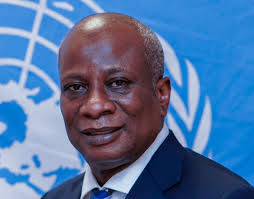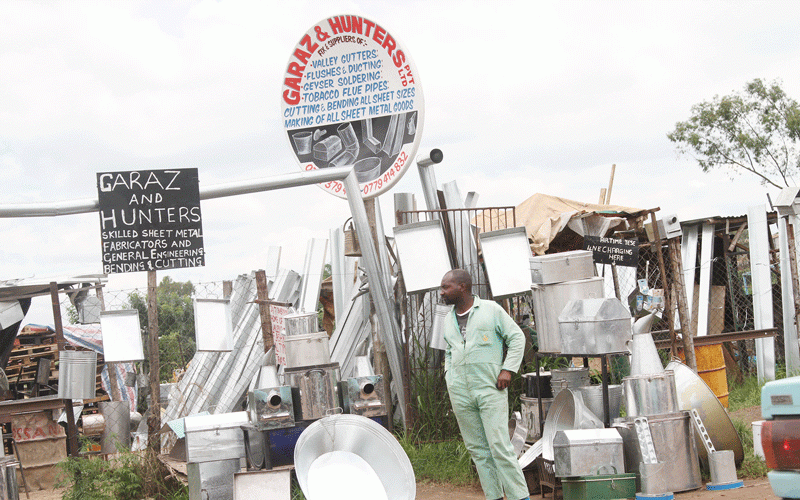
VICE President Constantino Chiwenga on Monday said Zimbabwe and Zambia are poised to spearhead the renewable energy revolution, leveraging their vast natural resources in solar, wind, and hydro power to create a sustainable energy future.
This vision aligns with Zimbabwe's National Renewable Energy Policy, which aims to achieve 16,5% of electricity supply from renewables by 2025 and 26,5% by 2030.
The country's renewable energy landscape is dominated by hydropower, with the Kariba Dam supplying over 50% of Zimbabwe's electricity.
However, the focus is shifting to other forms of renewable energy, such as solar and wind power, with various independent power producers (IPPs) contributing to the national grid.
Officially opening the Zimbabwe-Zambia Energy Projects Summit on Monday in Victoria Falls, the Vice President said the challenge of energy access remains one of the most pressing issues for both countries.
"While we have made significant progress in expanding electricity access, far too many of our citizens, particularly in rural and underserved areas still lack reliable energy," he said.
"This limited access means fewer economic opportunities, lower standards of living, and slower industrial growth. At this summit, we must commit to finding innovative solutions that increase investment in both on-grid and off-grid energy solutions."
Chiwenga said the two countries should harness the power of new technologies, such as solar mini-grids, energy storage systems, and smart grids, to bring electricity to even the remotest corners.
- We will rule forever: ED says
- AHFOZ Annual Conference roars to life
- Chiwenga sucked into Lupane chieftainship dispute
- ED, Chiwenga to take home $70m in salaries
Keep Reading
"We cannot afford to leave anyone behind. Access to energy is not a luxury; it is a fundamental right that underpins education, healthcare, agriculture, and job creation," he said.
"Therefore, through expanding energy access, we are laying the foundation for sustainable development that benefits every Zimbabwean and Zambian.
"As we look to the future, renewable energy will play a central role in our energy transition. Zimbabwe and Zambia are well-positioned to lead the charge in renewable energy, with vast untapped resources in solar, wind, and hydro."
He added: "The global shift toward cleaner energy is already underway, and it is imperative that both of our nations embrace this transition, not only to meet today’s energy needs but also to build a clean, sustainable, and resilient energy future."
"In particular, the potential for solar energy is highly promising. Both Zimbabwe and Zambia enjoy abundant sunlight throughout the year.
"With the right investments, we can build large-scale solar farms that can generate power not only for local consumption but also for export to neighbouring countries through regional power pools like the Southern African Power Pool."
The Zimbabwe-Zambia Energy Projects Summit is running under the theme: Powering Zimbabwe and Zambia’s Sustainable Energy Future: Unlocking Opportunities in Renewables, Grid Modernisation and Energy access.
It ends on Thursday.











